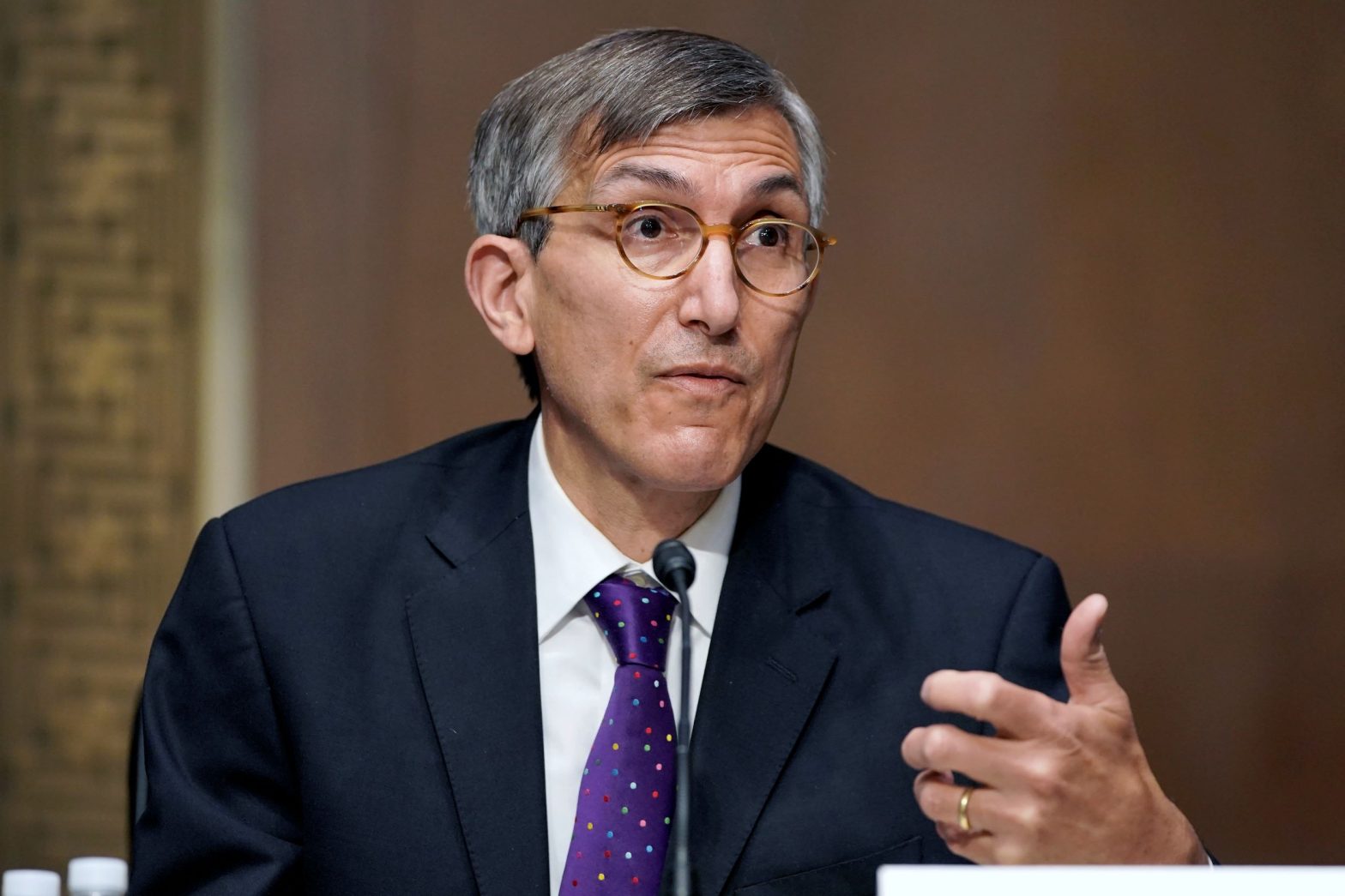FDA is Taking Steps to Ensure Safe COVID-19 Vaccines for Children

WASHINGTON — With the public school year already underway around the country, the Food and Drug Administration is not taking chances when it comes to making COVID-19 vaccinations available to children younger than 12 years old.
Acting FDA Commissioner Janet Woodcock and the FDA director of the Center for Biologics Research and Evaluation, Peter Marks, released a joint statement on Friday providing clarity on the administration’s initiative to safely make COVID-19 immunizations available to young children and adolescents.
“Many of our team at the FDA are parents and grandparents themselves, and our team shares the same concerns as many in our country about protecting our loved ones from COVID-19,” Woodcock and Marks said in a written statement. “We are therefore also eager to see COVID-19 vaccines available for young children. We also know that we all share the interest in making sure this process is done with safety at top of mind.”
The FDA officials continued, “As regulators, we recognize we have an important task ahead of us that will require us to act expeditiously while undertaking an extremely meticulous and thoughtful review once we receive requests to authorize a COVID-19 vaccine for emergency use or submissions for approval of a COVID-19 vaccine for this population.”
In their release, the FDA officials announced that clinical trials with child participants are currently underway and the process will entail a follow-up period of around two months at least to “allow for proper safety monitoring following the administration” of the doses. Following a complete analysis of the data by vaccine manufacturers, the FDA will work closely with the producers to ensure the immunizations meet regulatory standards.
Following a robust examination of the clinical trials, the manufacturers can request an emergency use authorization or submit a biologics license application for approval with the FDA. After the approval requests are received, the FDA will complete independent evaluations of the data to determine the benefits and risks of the vaccine before ratifying the approvals “in a matter of weeks rather than months.”
“It’s important that the public recognize that, because young children are still growing and developing, it’s critical that thorough and robust clinical trials of adequate size are completed to evaluate the safety and the immune response to a COVID-19 vaccine in this population,” Woodcock and Marks said in a written statement. “Children are not small adults – and issues that may be addressed in pediatric vaccine trials can include whether there is a need for different doses or different strength formulations of vaccines already used for adults.”
The FDA’s ability to review the applications in a timely manner depends in part on the readiness and quality of the manufacturers’ submissions, the agency’s officials said. When a vaccine authorization for younger populations has been approved, the Centers for Disease Control and Prevention’s Advisory Committee on Immunization Practices will meet to discuss further clinical recommendations.
Different dosing regimens were approved for individuals aged 12 years and older than the ones being studied for younger individuals, and FDA officials will conduct a “thorough evaluation” to ensure the vaccines do not cause unexpected safety issues separate from those already observed in adolescents and adults.
“Until we authorize or approve a vaccine for this younger population, it’s especially important that parents and others who interact closely with children under 12 years of age get vaccinated, wear masks, and follow other recommended precautions so that we can protect those who cannot yet protect themselves through vaccination,” Woodcock and Marks concluded in their release.

























